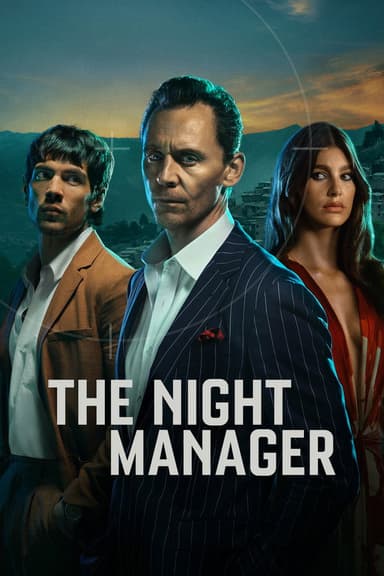
Brotherhood of the Rose
1989 • Action & Adventure • TV-14
Romulus and Remus were picked up at an orphanage at a young age, raised together as brothers and trained to supersede every other CIA agents.
Why you should read the novel
If you’re intrigued by tales of covert espionage and deep-rooted personal secrets, you’ll find David Morrell’s novel, 'The Brotherhood of the Rose,' far superior to the TV adaptation. The book immerses you fully into the psychologically complex world of assassins raised and manipulated by a mysterious handler, offering deep character development and atmospheric prose that the miniseries only sketches.
Reading the original novel allows you to experience the intricate plotting and slowly unfolding mysteries that Morrell painstakingly builds, rather than the compressed and sometimes simplified events depicted on screen. Every page brims with suspense, moral ambiguity, and the chilling realities of loyalty and betrayal. The internal conflicts, motivations, and emotional depth of the protagonists are far more nuanced and compelling in the book, allowing for a richer engagement with their struggles.
By choosing the source novel, you also gain insight into the author’s meticulous research and thoughtful commentary on the cost of violence and espionage. The television adaptation pares down both character and plot, missing out on the subtleties and atmospheric tension that make the novel an enduring classic for thriller and spy fiction fans.
Adaptation differences
One main difference between the TV miniseries and the novel lies in the handling of character backstories and relationships. The book invests considerable time delving into Saul and Chris's childhood, their emotional ties to their mentor, and the psychological impact of being molded into assassins. The adaptation, in contrast, quickly situates the viewer in the midst of the plot, sparing much of the formative detail and thus sacrificing key aspects of character motivation.
Another significant difference is the development of the antagonist and the wider conspiracy at play. Morrell’s novel provides a complex web of betrayal, secret societies, and world-weary players in the espionage world, while the TV adaptation condenses or omits significant plot points and secondary characters, thus limiting the depth and suspense. The resulting narrative on screen is more linear and less ambiguous than the layered, unpredictable journey found in the novel.
The TV version also alters or compresses several major plot twists for pacing, eliminating some of the novel’s most shocking, meaningful reveals. Events that unfold gradually and logically in the book are often glossed over, restructured, or even omitted in the adaptation, reducing the audience’s emotional investment and the richness of the story’s surprises.
Finally, the overall tone and thematic emphasis differ between the two versions. David Morrell’s prose is introspective and atmospheric, focusing on psychological realism, the consequences of violence, and identity. The adaptation emphasizes physical action and plot over internal conflict, leading to a more conventional thriller experience, and missing the literary qualities that distinguish the novel.
Brotherhood of the Rose inspired from
The Brotherhood of the Rose
by David Morrell


